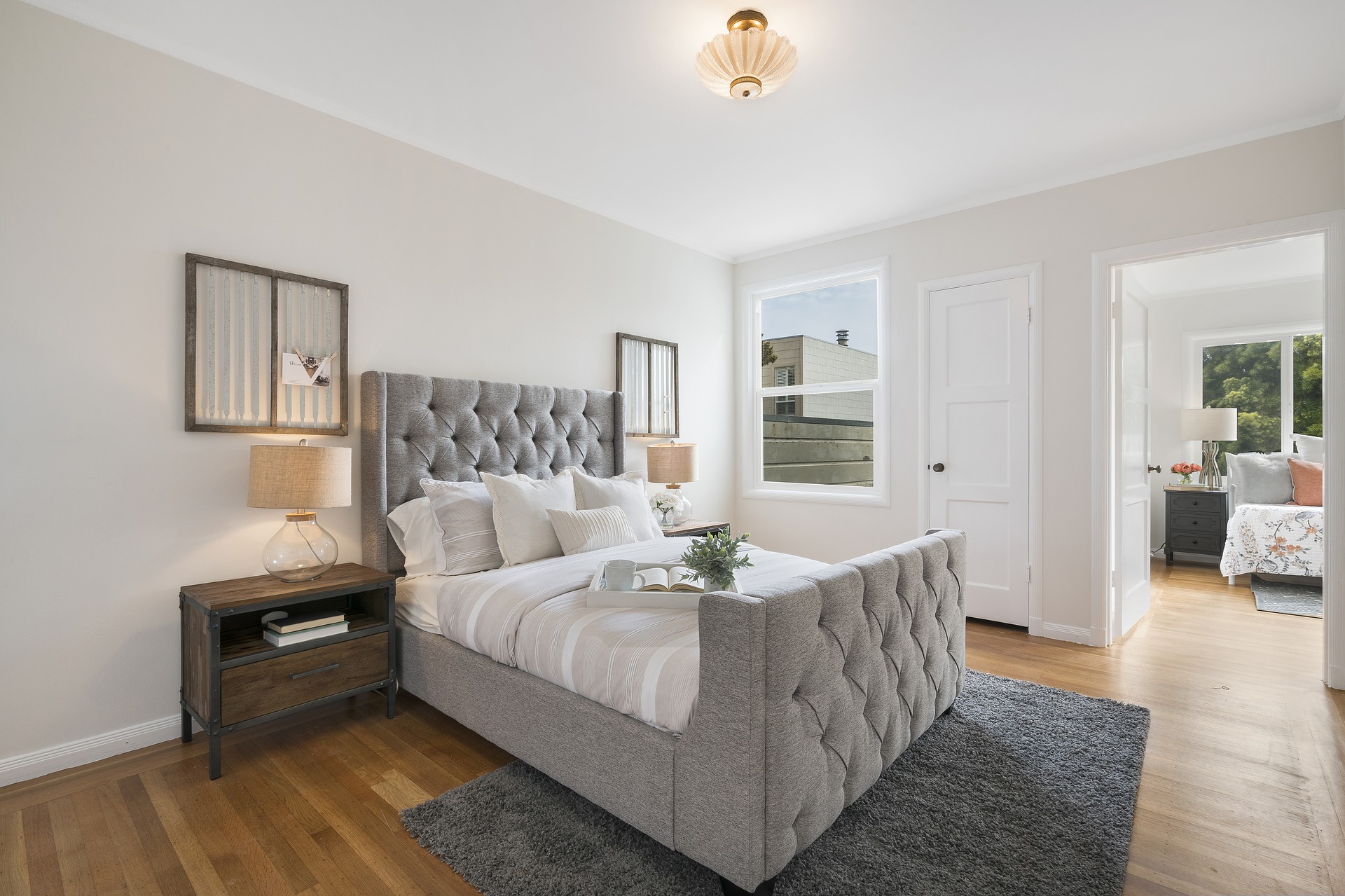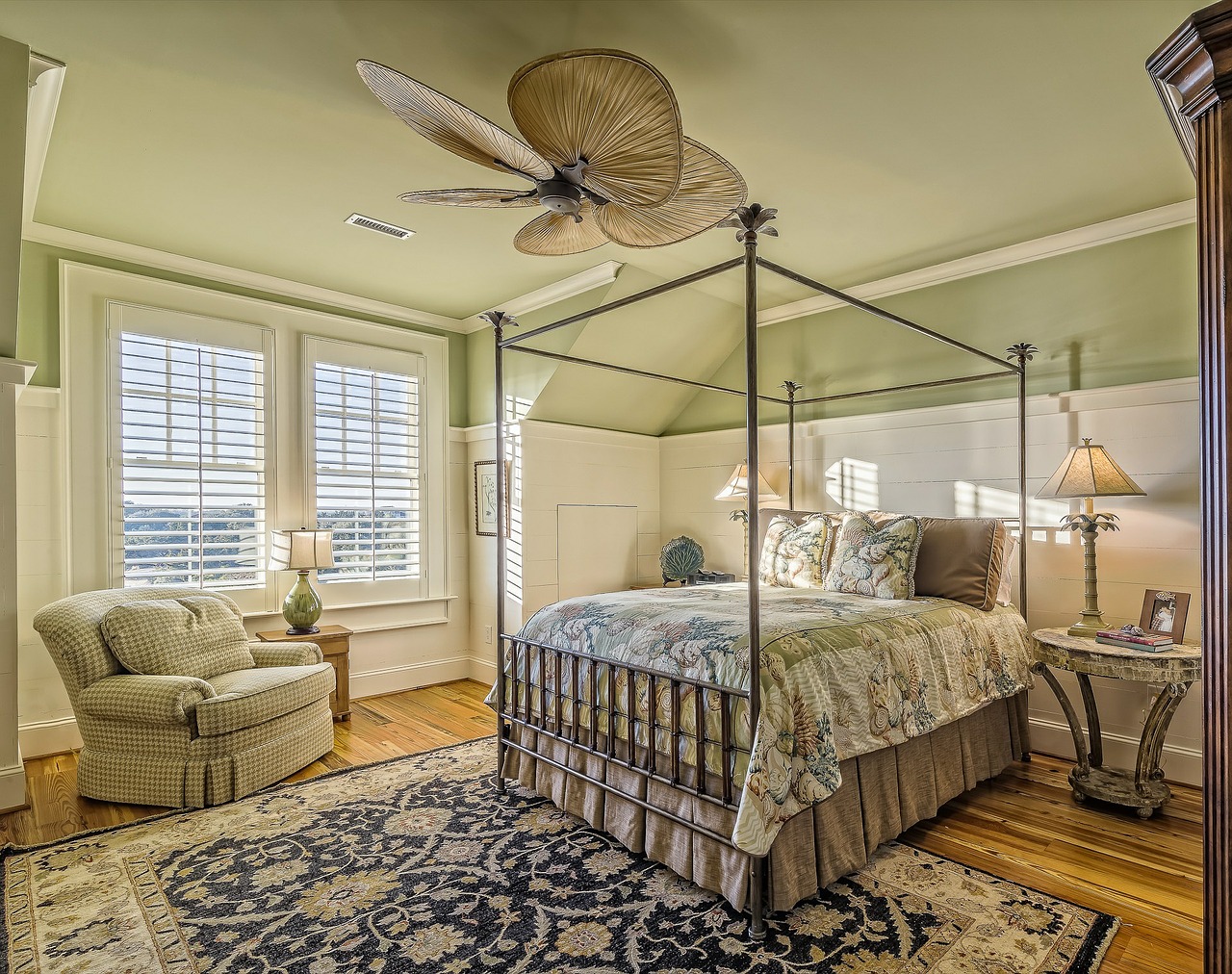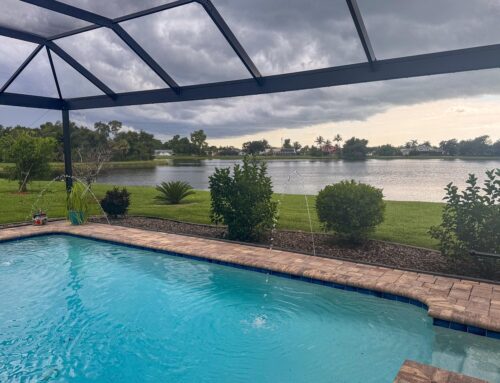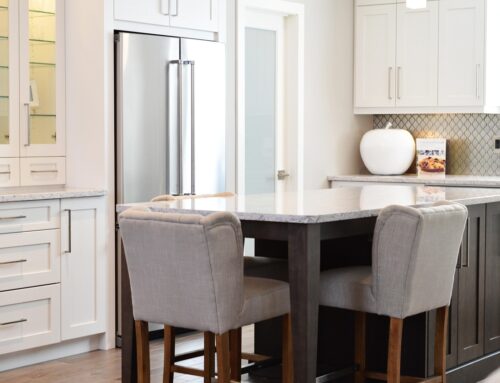Renting out your home, or rooms in it, to people through services like Airbnb can be a great way to make money and meet people who are passing through your hometown. But are you covered if something happens to your home, your stuff, your guest, or their stuff?
Are you sure?
Many people who rent their homes through home-sharing companies like Airbnb are under-insured and don’t even realize it. Renting out your home to short-term visitors is considered a business by most insurance companies, and your homeowner’s insurance is likely to refuse damages incurred from running a business inside your home.
That could leave you liable for any damages that occur, even to the building if you own a condo, for example. Worse, if a guest gets injured on your property, you may be responsible for their medical bills, which can be hundreds of thousands of dollars (or even into the millions) in the case of a severe injury to somebody without health insurance – and even health insurance only covers so much.
So what do you need to do to make sure you’re protected? Here are four home insurance tips for sharing your home with paying guests.
Find out what your current insurance policy does and does not cover
You should start by taking a fine-tooth comb to your homeowner’s or renter’s insurance policy to see what is and isn’t covered if a guest causes damage to your property, has their belongings stolen or damaged while they’re staying with you, or if they or somebody they bring into your home gets injured.

You don’t want to find out too late that something isn’t covered – and even if it seems to be covered, your primary insurance plan may decide to cancel your coverage for running a business in your home that they didn’t know about. They can backdate the cancellation so that they don’t have to cover anything at all.
Find out what insurance the home-sharing company offers
Airbnb and HomeAway, two of the most-popular home-sharing companies, now offer their own insurance protection, but those don’t cover everything either. Read all the details of the policy offered by the company that you use and make sure you understand what is and isn’t covered.
Be realistic about how much coverage you need
Sure, if a guest gets drunk and smashes your television, you can probably afford to replace it without insurance coverage. But what if they fall asleep with a cigarette in their hand or leave a candle burning and set the entire building on fire? What do you do if they fall off your balcony and break their neck and hold you responsible for their medical bills?
You may think these claims wouldn’t have a leg to stand on, but even if a lawsuit seems frivolous to you, the best-case scenario is time and money wasted on a lawsuit that wasn’t your fault.

But the worst-case scenario is so much worse. It’s crucial to plan for the worst-case scenario – before you find yourself wishing you had taken the time to check your insurance.
Talk to an insurance agent to discuss what additional coverage you may need
After sorting through all the coverage you do have and thinking about what additional coverage you might need, your best bet is to have an experienced insurance agent walk you through your options. You may need to get business or landlord insurance. A local insurance agent who is familiar with the laws, regulations, loopholes, and other concerns in your geographic area can be a priceless resource.
Yeah, it’s easy to do most things online these days – but this isn’t the type of thing you should do without an expert opinion.








